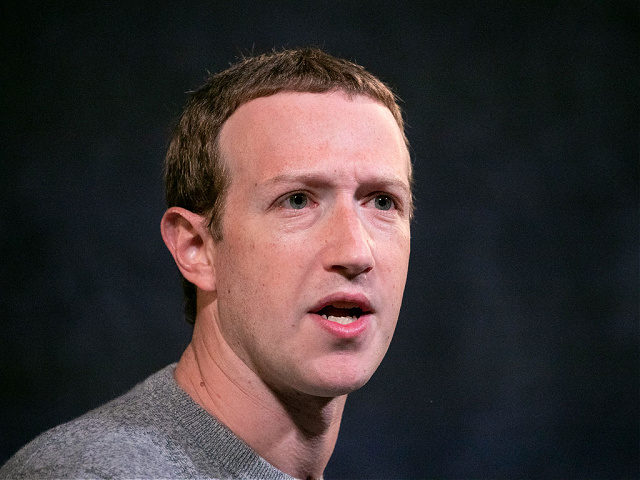2021 has been a challenging year for many, especially as coronavirus restrictions continued and many businesses and schools remained remote. As the demand for online services remained high, the Big Tech Masters of the Universe were sometimes unable to keep up. Here are some of the biggest tech fails of 2021.
Technology is an amazing tool when it works, but there are many times this year where Silicon Valley has fallen short. From internet outages and crippling ransomware attacks to malfunctions with Facebook (now calling itself Meta), there has been no shortage of instances of technological error in 2021.
Here are some of the biggest tech fails of 2021:
Facebook Data Leaks:
In April, it was reported that half a billion Facebook users had their personal information stolen by hackers, including the personal information of platform CEO Mark Zuckerberg. Facebook said at the time that the same data has been already been stolen from peoples’ profiles in 2019 and that the issue that made the hack possible was fixed in the same year, but it once again highlighted how fragile the security of many of these companies is.
Security expert Dave Walker noted at the time that the leak of Zuckerberg’s phone number revealed that he uses the encrypted messaging service Signal. “In another turn of events, Mark Zuckerberg also respects his own privacy, by using a chat app that has end-to-end encryption and isn’t owned by @facebook. This is the number associated with his account from the recent Facebook leak,” Walker tweeted.
Widespread Internet Outages:
In June, large portions of the internet went entirely offline twice in less than two weeks. The cause was outages at two tech companies that the average consumer may not have heard of, the first being Fastly and the second being Akamai.
Fastly is a content delivery network serving multiple popular internet sites such as Reddit, CNN, Amazon, and others, all of which went offline when the companies systems went down on June 8. Fastly was able to get most sites back online within an hour, but not before widespread chaos.
On June 17, Akamai Technologies faced a similar outage which broke multiple websites including those of the Commonwealth Bank of Australia, the Hong Kong Stock Exchange, and Southwest Airlines. Akamai had its issues fixed within four hours and most affected customers were reportedly only knocked offline for minutes.
Amazon’s cloud computing service went down in December, disabling access to Disney+, Slack, Netflix, and Hulu, and disrupting Amazon’s logistic operations during the holiday season.
Facebook Outages:
Facebook (now calling itself Meta) has also faced its own major outages. The night before Facebook “whistleblower” Frances Haugen appeared on a 60 Minutes segment to accuse the company of spreading hate speech, misinformation, and violence, Facebook went offline. Haugen later provided documents to the Wall Street Journal resulting in the damning “Facebook Files” series.
And a few days later, all Facebook services including Facebook, WhatsApp, and Instagram went down for hours due to an unexpected “server configuration change.” At one point, employees were locked out of Facebook offices as their keycards were unusable due to Facebook’s security system being linked to the same malfunctioning system. Hours later, the system was brought back online.
Ransomware Takes Hold:
Ransomware was a major issue throughout 2021 as many hackers took advantage of the modern world’s reliance on technology. One of the biggest ransomware hacks happened in May when one of the largest fuel pipelines in the United States, Colonial Pipeline, was forced to shut down operations after it faced a major cyberattack.
Hackers reportedly gained access to a compromising password and took hold of the pipeline’s systems. The CEO of Colonial Pipeline later agreed to pay out a ransom of $4.4 million to regain control of the network and get the company up and running again. U.S. Justice Department investigators said in June that they had recovered around $2.3 million in cryptocurrency paid as part of the hack.
Lucas Nolan is a reporter for Breitbart News covering issues of free speech and online censorship. Follow him on Twitter @LucasNolan or contact via secure email at the address lucasnolan@protonmail.com



COMMENTS
Please let us know if you're having issues with commenting.